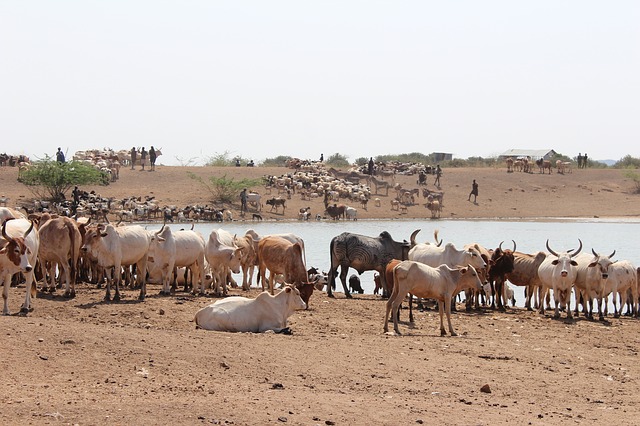Objectives
With the main objective being to reduce poverty and vulnerability among smallholder farmers the programme will address how better health in food producing animals improve sustainable production of animal derived products, and how this interrelate to reduced usage of antimicrobials and safer food products. The programme should both suit the participants’ need and contribute to poverty reduction by promoting sustainable livestock production.
The programme aims to achieve increased knowledge for the participants about the importance of preventive measures for improved animal health, animal welfare and reduced antimicrobial use; surveillance and control of endemic, epizootic and zoonotic diseases, including food-borne zoonoses; the comprehensive approach of the value chains from stable to table, and how their organisation in collaboration with other actors can use this approach. In addition, informal networks will be established between present and former participants on national and regional level and cooperation between national and regional actors will be enhanced.
Target Group
The following countries in the East African Community are invited to nominate candidates: Burundi, Kenya, Rwanda, Tanzania, and Uganda.
Invited to participate are governmental departments and agencies, including universities, research institutes and laboratories, cooperatives and other interest groups as well as non-governmental organizations engaged in the sectors of animal health, food safety and antimicrobial resistance. Only candidates nominated by the appropriate organisations and in accordance with national rules will be considered. The training programme will be organised and conducted in English, without any translation.
Details about the application process:
Duration:
Part 1: 28 May-12 June 2020
Part 2: 1 week in November 2020
Location:
Part 1: Uppsala and Jönköping, Sweden
Part 2: Participant country
Number of participants: 25
Target Region: Africa
Closing date for applications
January 15, 2020
